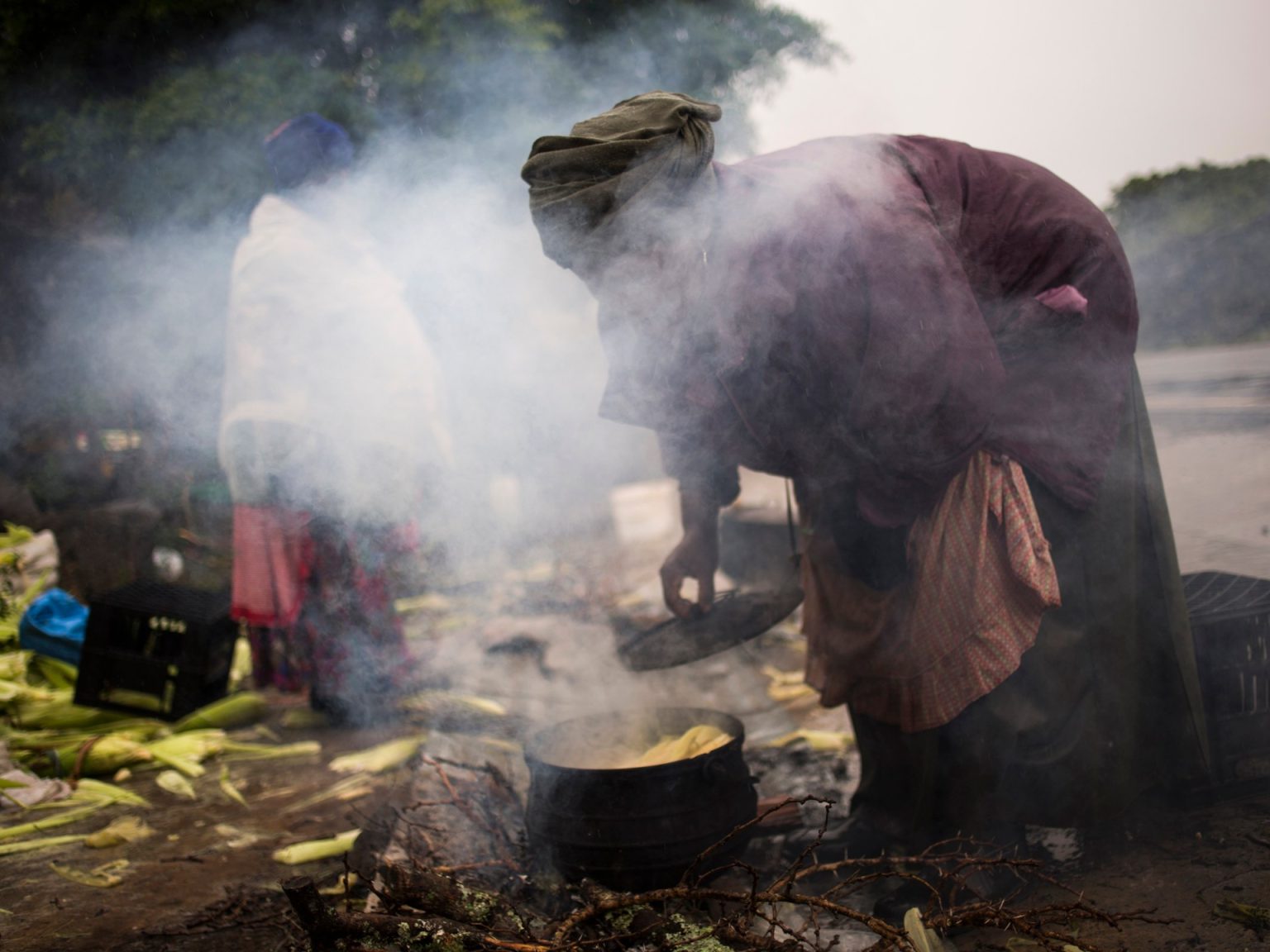The harmful cooking practices that are prevalent in many countries around the world result in the deaths of 3.7 million people annually, with children and women being the most vulnerable. An energy summit is set to take place in Paris with the goal of raising funds to expand access to clean cooking methods in order to reduce premature deaths, particularly in Africa. Representatives from 50 countries will gather to discuss how to help billions of people improve their kitchen habits, which can produce deadly pollutants and contribute to global warming.
According to the International Energy Agency (IEA), 2.3 billion people in 128 countries are exposed to harmful smoke when cooking on basic stoves or open fires. These practices lead to millions of premature deaths each year, with children and women at the highest risk. The IEA’s sustainability and technology director, Laura Cozzi, highlighted the various implications of these harmful cooking practices, including impacts on gender, forestry, climate change, energy, and health. The IEA emphasized the urgent need for a shift towards clean cooking methods such as gas or electric cooking to reduce carbon dioxide emissions and improve public health.
The transition to clean cooking methods would result in significant reductions in carbon dioxide emissions, equivalent to the emissions from ships and planes in a year. However, implementing these changes requires substantial investment. The Asian Development Bank (ADB) is aiming to raise $4 billion to provide clean cooking access for 250 million Africans by 2030. Despite being a small fraction of global energy investments, this funding could have a major impact on health, emissions, and development in the long term. The economic costs of current cooking practices, including time spent searching for fuel wood and health expenses, are staggering, underscoring the urgent need for financial support.
The IEA highlighted the importance of strong national leadership and grassroots efforts to promote the adoption of clean cooking methods and change social norms around cooking practices. Many households in Africa are unable to afford suitable cookers or fuel, making financial support essential for the transition to cleaner cooking technologies. Dan Wetzel, an IEA expert, noted that investing in cleaner cooking methods could yield significant benefits in terms of health, emissions, and development, making it a cost-effective intervention. The summit in Paris marks a significant step towards addressing the global issue of harmful cooking practices and the associated health risks.
In conclusion, the global push for clean cooking methods as a means of reducing premature deaths from harmful cooking practices is gaining momentum. The Paris energy summit represents an opportunity for countries to come together to address this pressing issue, with the goal of raising funds to expand access to clean cooking technologies. By investing in clean cooking technologies, countries can significantly reduce carbon dioxide emissions, improve public health, and promote sustainable development. The financial support being sought by organizations like the ADB is crucial for ensuring that households in Africa and beyond can transition to cleaner cooking methods and improve their quality of life. Strong national leadership and grassroots efforts will be essential in changing social norms and promoting the adoption of clean cooking practices on a global scale.













